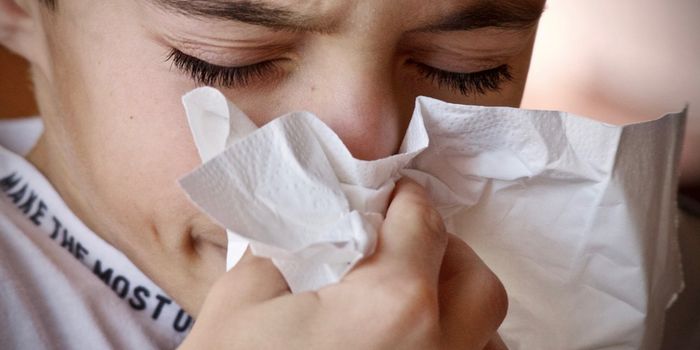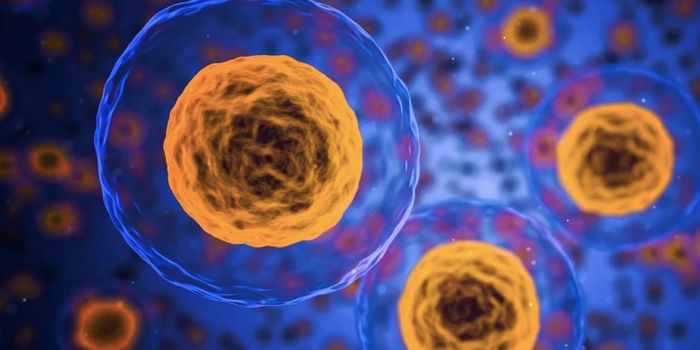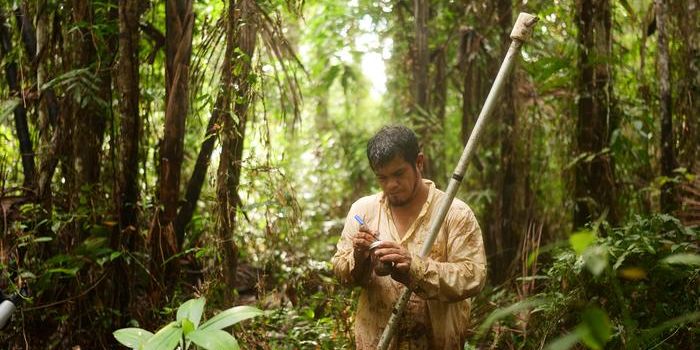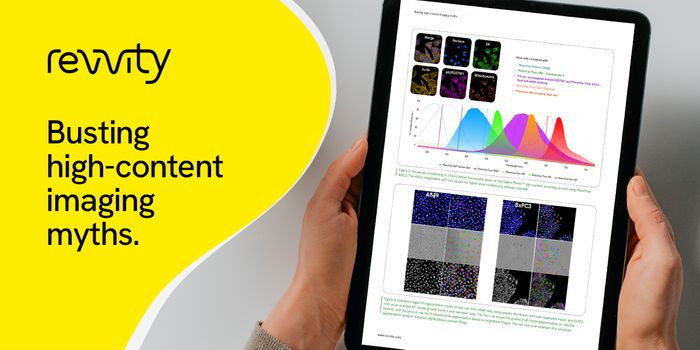Oxford COVID-19 Vaccine Enters Phase 3 Clinical Trials
Millions of people around the world have been infected with the coronavirus called SARS-CoV-2, which causes COVID-19. The disease has killed over 524,000 people worldwide, and researchers at various organizations around the world have been trying to rapidly develop a vaccine to fight this pandemic. Researchers are currently investigating whether an existing vaccine for tuberculosis provides protection in a general way against the virus (the World Health Organization has suggested this approach won't work.
But scientists at Oxford University have quickly created a promising vaccine against the virus itself. The pace of their work has been incredible, and the vaccine has recently entered phase 3 clinical trials in which thousands of people will receive the vaccine.
In Rio de Janeiro, Sao Paulo, and a site in the Northeast of Brazil, a total of 5,000 participants will be enrolled in a clinical trial that is being funded entirely by Brazilian entrepreneurs. AstraZeneca is a partner in The Brazilian Ox1Cov-19 Vaccine Trial. It will test a vaccine called ChAdOx1 nCoV-19 that was engineered using a weak, non-replicating form of the common cold virus called ChAdOx1.
The vaccine will express the SARS-CoV-2 spike protein, which the virus uses to infect cells. The genetic material encoding for the Spike protein was added to the ChAdOx1 virus. When the Spike protein binds to a receptor on the surface of a human cell called ACE2, it gains entry to the cell, and the normal, infectious virus then releases its contents into the cell to cause infection. In the case of the vaccine, only the Spike protein is present, and that will not cause illness but it will trigger an immune response that neutralized the virus in testing.
It was created at the Oxford Jenner Institute and is also in a clinical trial involving 4,000 people in the United Kingdom. The researchers are planning to enroll 10,000 additional participants. Another clinical trial will also begin in Such Africa.
"It is an honor for me, as [an] investigator, and for my country to be selected to support the clinical development of this candidate vaccine and help the world to face a global challenge. This study has contributed to a major achievement in public health already, as the Brazilian Ministry of Health signed on June 27, an agreement for local production of ChAdOx1 nCoV-19 with AstraZeneca Brazil," said Professor Sue Ann Costa Clemens, investigator and study coordinator from UNIFESP.
"It is a privilege to be working with the researchers at the Federal University of São Paulo – UNIFESP on the first COVID-19 vaccine trial in Latin America in the next stage of this important trial," said Professor Andrew Pollard, Chief investigator of the Oxford Vaccine Trial at Oxford University. "The global coronavirus pandemic still presents an unprecedented threat to human health worldwide, but equally unprecedented is the impressive way researchers and scientists around the world have been able to collaborate on the clinical development work to combat this threat."









